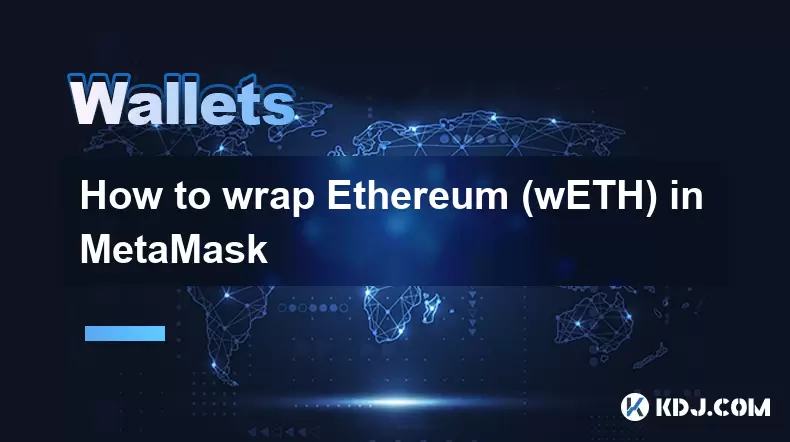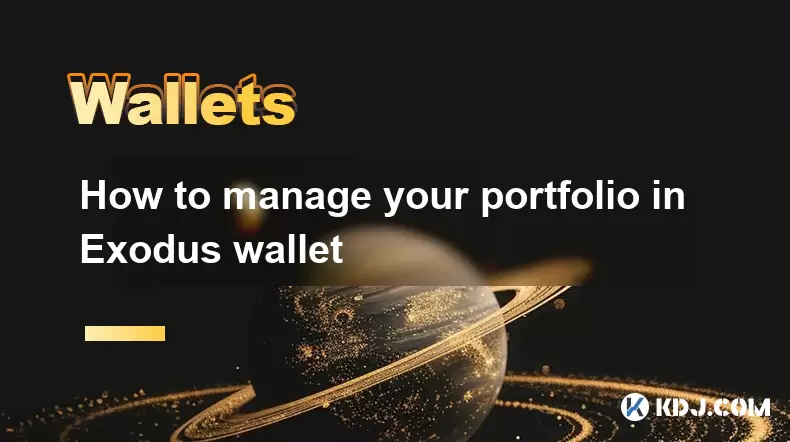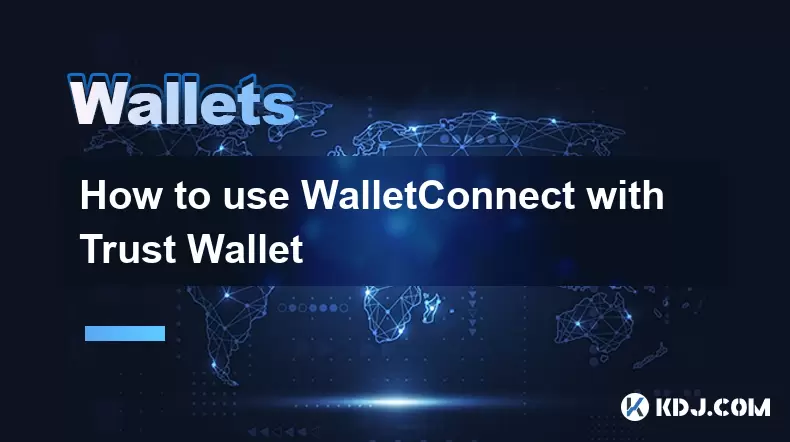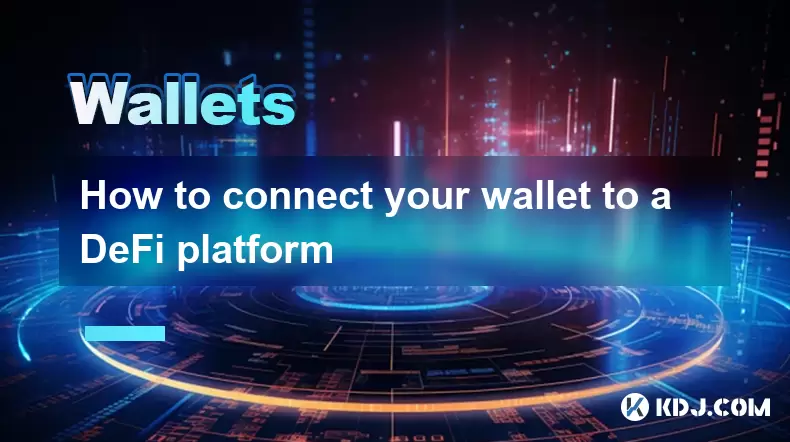-
 Bitcoin
Bitcoin $117600
0.25% -
 Ethereum
Ethereum $4424
0.10% -
 XRP
XRP $3.101
0.50% -
 Tether USDt
Tether USDt $1.001
-0.01% -
 BNB
BNB $836.2
1.26% -
 Solana
Solana $188.8
2.11% -
 USDC
USDC $1.000
0.01% -
 Dogecoin
Dogecoin $0.2301
0.57% -
 TRON
TRON $0.3485
-1.00% -
 Cardano
Cardano $0.9209
-1.34% -
 Hyperliquid
Hyperliquid $46.72
-1.19% -
 Chainlink
Chainlink $22.62
4.84% -
 Stellar
Stellar $0.4275
-0.38% -
 Sui
Sui $3.761
1.91% -
 Bitcoin Cash
Bitcoin Cash $586.7
-0.25% -
 Ethena USDe
Ethena USDe $1.001
0.01% -
 Hedera
Hedera $0.2510
2.06% -
 Avalanche
Avalanche $24.21
2.22% -
 Litecoin
Litecoin $119.7
1.07% -
 Toncoin
Toncoin $3.450
1.06% -
 UNUS SED LEO
UNUS SED LEO $9.411
-0.93% -
 Shiba Inu
Shiba Inu $0.00001298
1.20% -
 Uniswap
Uniswap $10.98
3.25% -
 Polkadot
Polkadot $3.961
2.16% -
 Dai
Dai $1.000
0.00% -
 Bitget Token
Bitget Token $4.642
0.95% -
 Cronos
Cronos $0.1514
0.57% -
 Ethena
Ethena $0.7290
3.78% -
 Monero
Monero $254.1
7.69% -
 Pepe
Pepe $0.00001102
2.47%
How to safely share access to Dogecoin wallets?
Securely sharing Dogecoin wallet access involves using multi-signature wallets, paper wallets, or reputable third-party services; never share seed phrases or private keys directly. Regular security reviews are crucial.
Mar 19, 2025 at 01:36 pm

Key Points:
- Sharing Dogecoin wallet access requires careful consideration of security risks.
- Never share your seed phrase or private keys with anyone.
- Multi-signature wallets offer a secure solution for shared access.
- Utilizing paper wallets, while less convenient, provides a high degree of security.
- Third-party custodial services should be approached with caution, prioritizing reputable providers.
- Regularly reviewing security practices is crucial for maintaining wallet safety.
How to Safely Share Access to Dogecoin wallets?
Sharing access to your Dogecoin wallet necessitates a cautious approach, prioritizing security above convenience. The most crucial aspect is understanding that compromising your private keys or seed phrase renders your funds vulnerable to theft. Therefore, any method involving the direct sharing of these crucial elements should be avoided entirely.
One secure method involves using multi-signature wallets. These wallets require multiple signatures to authorize any transaction. This means that even if one person’s access is compromised, the funds remain safe, as multiple approvals are needed for any transfer. This significantly reduces the risk associated with shared control. Different wallets offer varying multi-signature options; research is crucial to finding the best fit for your needs.
Another option, though less practical for frequent transactions, is using paper wallets. These wallets generate your private keys offline, minimizing the risk of online attacks. The private keys are printed on paper and stored securely. Sharing access involves physically sharing the paper wallet, requiring both parties to be present for transactions. While offering high security, this method is less convenient for regular usage.
Consider using a hardware wallet in conjunction with a multi-signature setup for an extra layer of security. Hardware wallets store your private keys offline, protecting them from online threats. Combining this with a multi-signature wallet ensures that even if the hardware wallet is compromised, the funds are still protected by the multi-signature requirement. This provides an extremely secure, albeit complex, system for shared access.
Employing third-party custodial services provides another approach. These services allow you to share access through their platform, often with features for managing permissions. However, it's vital to select a reputable and established provider with a proven track record of security. Thoroughly research any service before entrusting your funds. Remember that you are essentially trusting a third party with your assets.
Regularly auditing your security practices is essential. This includes checking for suspicious activity on your wallet, updating your software, and reviewing your access permissions. Proactive security measures significantly minimize the risks associated with shared wallet access. Staying informed about emerging threats and best practices in cryptocurrency security is crucial for protecting your assets.
Remember, the fundamental principle is to avoid sharing your seed phrase or private keys under any circumstances. Any method that necessitates this is inherently insecure. Prioritize security features offered by various wallets and services, carefully considering the trade-offs between convenience and security. Always err on the side of caution when managing shared access to your Dogecoin wallet.
Common Questions:
Q: Is it safe to share my Dogecoin wallet with a friend?
A: No, sharing your entire wallet, including your seed phrase or private keys, is extremely risky. It's better to use multi-signature wallets or other methods described above.
Q: What if I lose access to my multi-signature wallet?
A: The recovery process depends on the specific multi-signature setup. You'll likely need to contact the other parties involved to authorize transactions or recover your wallet. Always ensure you have a backup plan and know the recovery procedures.
Q: Are paper wallets truly secure?
A: Paper wallets are very secure if stored properly and safely. Physical theft or damage remains a risk, highlighting the need for robust storage.
Q: How do I choose a reputable third-party custodial service?
A: Look for services with strong security features, positive user reviews, and transparency about their security practices. Research is crucial to mitigating the risks associated with third-party custody.
Q: Can I share access to my Dogecoin wallet using a shared password?
A: No, sharing a password is not a secure method, as compromising that password would grant complete access to your wallet. This is extremely risky and should be avoided.
Q: What should I do if I suspect my Dogecoin wallet has been compromised?
A: Immediately secure your wallet, change any associated passwords, and contact the relevant exchange or service provider to report the incident. Monitor your transactions closely and take steps to recover your funds if possible.
Disclaimer:info@kdj.com
The information provided is not trading advice. kdj.com does not assume any responsibility for any investments made based on the information provided in this article. Cryptocurrencies are highly volatile and it is highly recommended that you invest with caution after thorough research!
If you believe that the content used on this website infringes your copyright, please contact us immediately (info@kdj.com) and we will delete it promptly.
- Kazakhstan's Crypto Leap: Bitcoin ETF and Central Asia's Digital Finance Future
- 2025-08-13 12:45:19
- BlockDAG Presale Blazes Past $371M: Fundraising Frenzy Fuels Crypto Sensation
- 2025-08-13 13:05:21
- Meme Coins: Chasing the 2025 Surge – Which Will Moonshot?
- 2025-08-13 10:25:23
- Bitcoin's Wild Ride: Rally, Pullback, and What's Next
- 2025-08-13 10:25:23
- Bitcoin, Bitmax, and Institutional Demand: A New Era of Crypto Investment
- 2025-08-13 10:45:12
- Solana, ROAM, and Airdrops: What's the Buzz in 2025?
- 2025-08-13 11:35:13
Related knowledge

How to wrap Ethereum (wETH) in MetaMask
Aug 13,2025 at 11:36am
Understanding Wrapped Ethereum (wETH)Wrapped Ethereum (wETH) is a tokenized version of native Ethereum (ETH) that conforms to the ERC-20 standard, ena...

How to manage your portfolio in Exodus wallet
Aug 08,2025 at 10:07pm
Understanding the Exodus Wallet InterfaceThe Exodus wallet is a non-custodial cryptocurrency wallet that supports a wide range of digital assets. When...

How to manage your portfolio in Exodus wallet
Aug 13,2025 at 11:35am
Understanding the Exodus Wallet InterfaceThe Exodus wallet is a non-custodial cryptocurrency wallet that supports a wide range of digital assets. Upon...

How to reset your MetaMask password
Aug 08,2025 at 01:28pm
Understanding the MetaMask Password Reset ProcessMany users confuse the MetaMask password with the seed phrase or private key, but they serve differen...

How to use WalletConnect with Trust Wallet
Aug 13,2025 at 01:07am
What Is WalletConnect and Why It Matters for Trust Wallet UsersWalletConnect is an open-source protocol that enables secure communication between dece...

How to connect your wallet to a DeFi platform
Aug 13,2025 at 11:36am
Understanding Wallet Compatibility with DeFi PlatformsBefore connecting your wallet to any DeFi platform, it's essential to ensure your wallet is comp...

How to wrap Ethereum (wETH) in MetaMask
Aug 13,2025 at 11:36am
Understanding Wrapped Ethereum (wETH)Wrapped Ethereum (wETH) is a tokenized version of native Ethereum (ETH) that conforms to the ERC-20 standard, ena...

How to manage your portfolio in Exodus wallet
Aug 08,2025 at 10:07pm
Understanding the Exodus Wallet InterfaceThe Exodus wallet is a non-custodial cryptocurrency wallet that supports a wide range of digital assets. When...

How to manage your portfolio in Exodus wallet
Aug 13,2025 at 11:35am
Understanding the Exodus Wallet InterfaceThe Exodus wallet is a non-custodial cryptocurrency wallet that supports a wide range of digital assets. Upon...

How to reset your MetaMask password
Aug 08,2025 at 01:28pm
Understanding the MetaMask Password Reset ProcessMany users confuse the MetaMask password with the seed phrase or private key, but they serve differen...

How to use WalletConnect with Trust Wallet
Aug 13,2025 at 01:07am
What Is WalletConnect and Why It Matters for Trust Wallet UsersWalletConnect is an open-source protocol that enables secure communication between dece...

How to connect your wallet to a DeFi platform
Aug 13,2025 at 11:36am
Understanding Wallet Compatibility with DeFi PlatformsBefore connecting your wallet to any DeFi platform, it's essential to ensure your wallet is comp...
See all articles

























































































